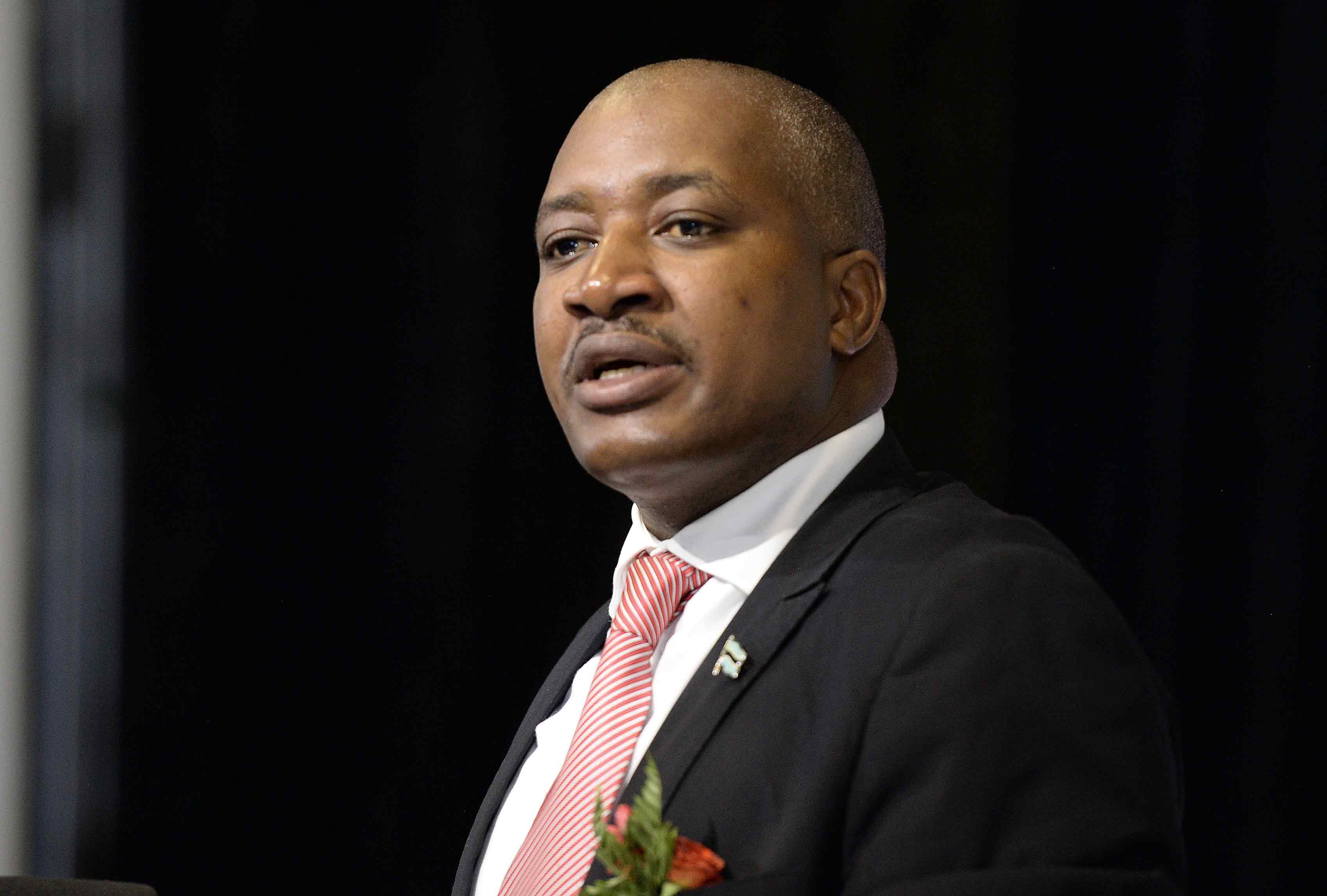TLOTLO KEBINAKGABO
In the aftermath of a fair amount of debate about it and its potential value to the economy, there are no plans to legalise production of industrial hemp in Botswana, the Assistant Minster of Agricultural Development and Food Security, Setlhomo Lelatisitswe, has said.
Industrial hemp has been topical recently with the latest contributor to it being former government spokesperson Jeff Ramsay who has remarked that Botswana was missing out by not legalising it. “Hemp is a fact of life in the global economy,” he told The Gazette in an interview.
“We could develop it in Botswana. If we do not legalise it now, we will once more be a follower because most of the bigger economies, including South Africa, are already exporting and patenting applications.”
The leader the Umbrella for Democratic Change (UDC) Duma Boko has also been a dominant figure in headlines advocating for legalisation of industrial hemp. Boko is of the view that production of industrial hemp could curb unemployment. “Hemp offers a yield of about P13.37 per plant and up to 12 500 000 plants per 5000 acres,” he says. That gives P167 125 000 per 5000 acres. Hemp growers can employ 10 000 people to maintain a 10 000 hectare farm.”
But the government has been clear that it will not legalise production of industrial hemp. “As the ministry, we cannot decide on legalising production of industrial hemp. That can only be done at government level,” Lelatisitswe told The Botswana Gazette. “Botswana is a sovereign state and one ought to understand that Botswana also have things that they allow which are not allowed in other countries.”
Meanwhile, research has shown that China grows nearly half the world’s legal hemp. Sales for 2018, mostly of textile fibre made from the plant’s stalk, totalled $1.2bn. Research further shows that total sales for hemp-based products in the US were about $1.1 billion in 2018 and are expected to more than double by 2022, according to New Frontier Data, a market research firm focused on the cannabis industry. At the same time, it predicts global hemp industry sales to jump to $5.7bn by 2020, from $3.7bn in 2018.
Industrial hemp and Africa
In Africa, several countries have legalised production of industrial hemp. These include Malawi, Zambia, Eswatini and Zimbabwe. In 2017, Zimbabwe became the second country in Africa to legalise cannabis for medical and scientific research purposes. It is however still illegal for recreational use and five year licences will allow growers to possess, transport and sell fresh cannabis, cannabis oil, and dried product.
What exactly is industrial hemp?
According to a research, the term “hemp” commonly refers to the industrial/commercial use of the cannabis stalk and seed for textiles, foods, papers, body care products, detergents, plastics and building materials. Hemp is mainly cultivated for fibre and oil, and because its delta-9-tetrahydrocannabinol (THC) content is very low, it cannot be used as a drug.
Even though it is from the same plant (Cannabis Stiva L) as marijuana, hemp is different form marijuana in the sense that the latter refers to the medicinal, recreational or spiritual use involving the smoking of cannabis flowers. Industrial hemp contains only about 0.3% – 1.5% THC (tetrahydrocannabinoids, the intoxicating ingredients that make you high) while marijuana contains about 5% – 10% or more THC.
Hemp has over the years been used for a wide variety of purposes. It is used to make over 25,000 consumer products, from hemp apparel and accessories to housewares and hemp seed oil cosmetics. Some of the products made from hemp are clothing, shoes, rope, canvas, cellophane, paints, fuels, chain lubricants, biodegradable plastics, paper, fibreboard, cement blocks, food, cosmetics and soap, according to South African publication agric.za states.
Hemp seeds and oils offer more and better proteins than soy, along with the highest percentage of essential fatty acids and the lowest percentage of saturated fats compared with other oils. The cannabinoids (CBD) in hemp can reduce inflammation and may even protect against anxiety and depression, seizures and brain injuries, according to recent studies quoted by UK newspaper The Guardian.




